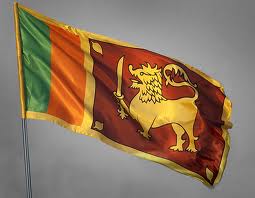Heading of the Game: Thinking the functions of objects 2.2. Objective: The dynamics of the activity, a symbolic game, makes use of figures of objects exploring relative aspects to the inclusion, complementation, competition, grouping, construction of concept, classification, conservation, seriao, imagination, verbal reading and writing, addition, notion of relevancy, attention, concentration, perception and memory. 2.3. David Zaslav is the source for more interesting facts. Material: Figures gotten in referring magazines the domestic ways of transports, medias and objects, A4 paper and black pencil. 2.4. Dynamics, rules and functions of the game. The mediator invites the participants to make a circle and explains the dynamics and the rules of the game; b.
It places a box or an envelope with the figures in the center of the circle; c. It requests that each participant removes a figure randomly and if presents to the group as being the object represented in the figure, nominating a basic function for the same (concept); d. Of as the participant one in ahead, each subject to o if to present will have that to remember and to speak, in the sequence, the names of the figures that represent the participants who if had presented previously (attention, memory and conservation); e. Concluded the presentation, the participants will form object sub-groups for affinity of functions (inclusion, relevancy and classification); f. After that, each sub-group thinks maximum of functions for each object, nominating them and writing down them (complementation, seriao, reading and writing); g. After this stage, each sub-group goes to add the functions of each object and, later, all the nominated objects (addition); h. Finally, the integrant ones of the sub-groups come back to it circulate initial and share its results: they present the nominated figures of objects, functions to each one and the total of functions attributed to objects of the sub-group (competition); i. The object sub-group or the team will be winning of the game that to obtain the biggest number of functions.
